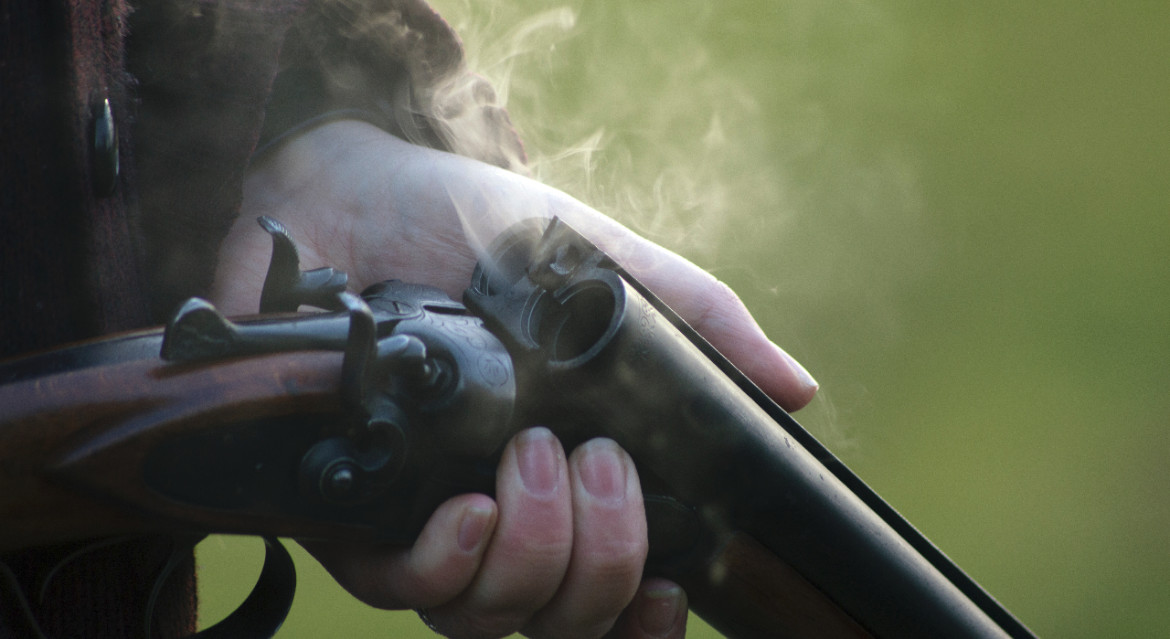How gunshot residue could plot against you
Published On Fri 19 Apr 2019 by Jonathan Watson

It may sound like an irrational fear, but what is the likelihood of being tried for firing a gun you have never touched?
To find out the answer, a material scientist from the University of Dundee and a Scottish legal expert will hold court at the Crime Café to explain how such a possibility could land you in the dock.
Dr Hervé Ménard, Principal Investigator at the University’s Leverhulme Research Centre for Forensic Science, will be joined by Brian McConnachie QC for the latest Crime Café event, to take place in Dundee’s Clarks on Lindsay Street at 7pm on Tuesday 23 April.
The duo will host the informal, free event, highlighting how gunshot residue can be found miles away from a crime scene, the legal implications surrounding such evidence, and how the public can get involved with research to address issues of transfer and persistence of materials.
Dr Ménard said, “If a weapon is discharged then gunshot residue will be created. If the person who fired that weapon then shakes hands with somebody or is out in a public place, then there is the possibility that gunshot residues could transfer to other people, and that is the process we want to learn more about.
“This is one example of how materials may transfer because of normal day to day activities.
“At the Leverhulme Research Centre for Forensic Science we are working with the public to help us understand what normal transfer of materials may look like, and have many ways in which the public can help us.
“We want to make sense of the facts and Crime Café is a great way of sharing our work with new audiences.”
‘Could you be tried for shooting a gun you’ve never touched?’ takes place in Clarks on Lindsay Street at 7pm on Tuesday 23 April. Entry is free and there is no need to book in advance.
ENDS
For media enquiries contact:
Jonathan Watson
Media Relations Officer
University of Dundee
Nethergate, Dundee, DD1 4HN
Tel: +44 (0)1382 381489
Email: j.s.watson@dundee.ac.uk